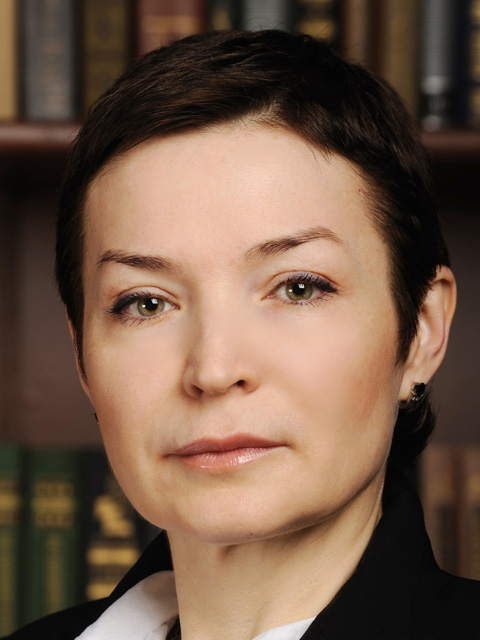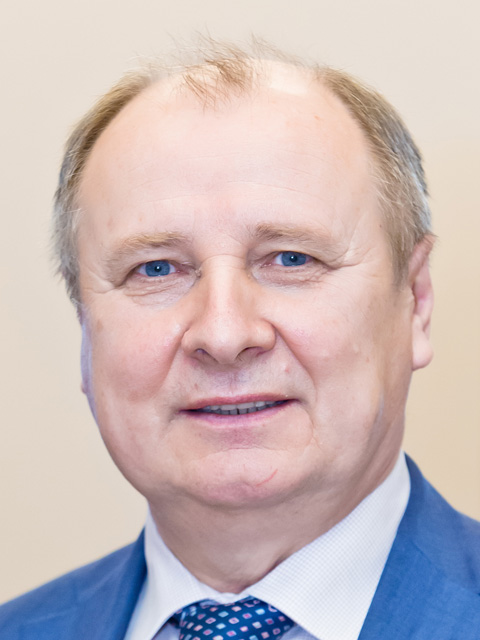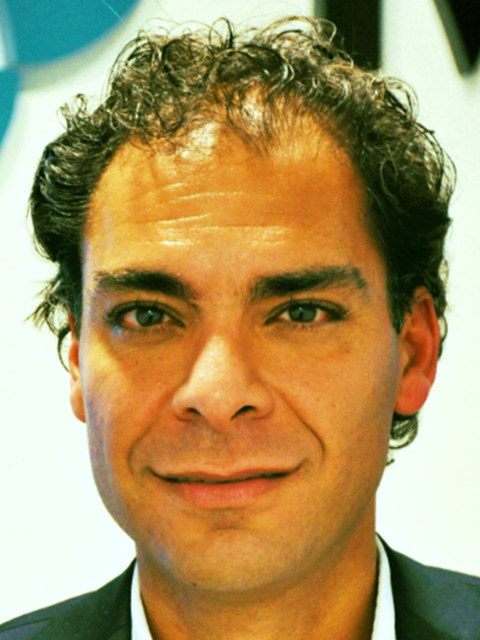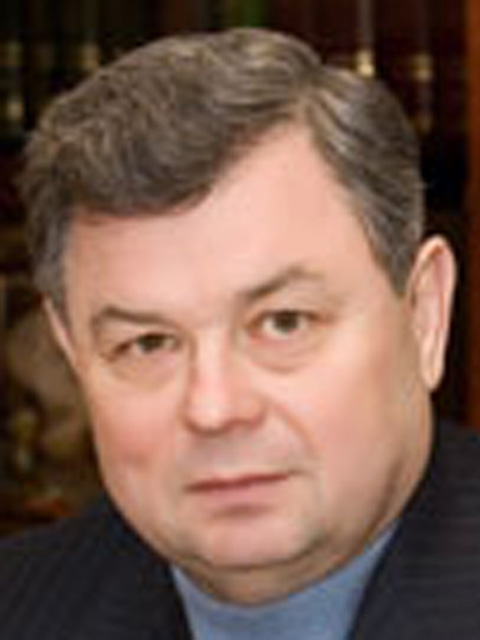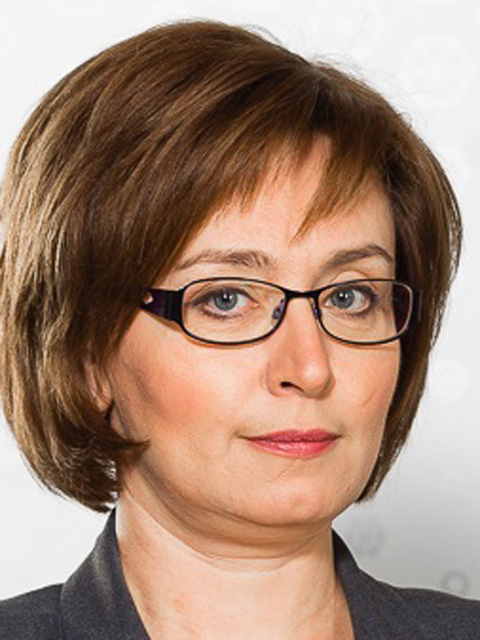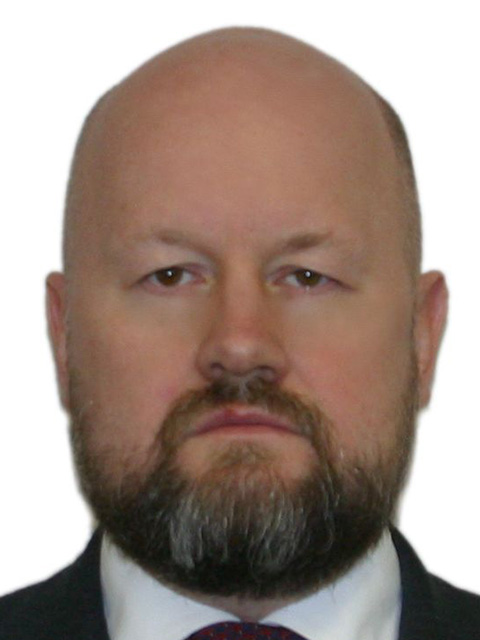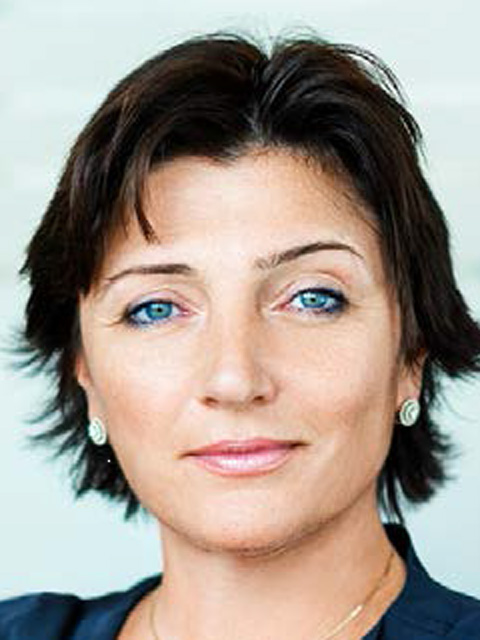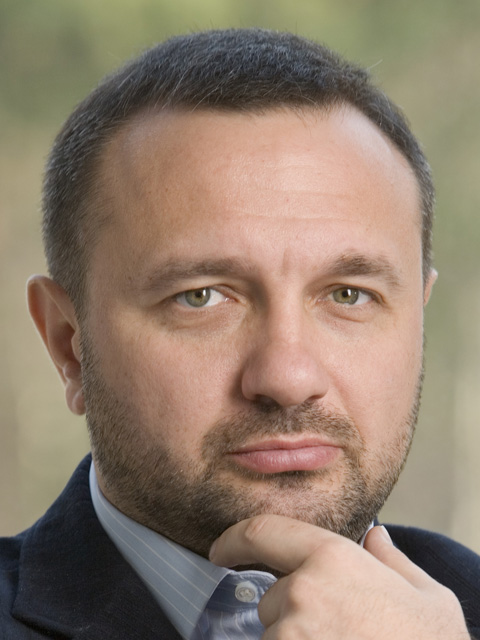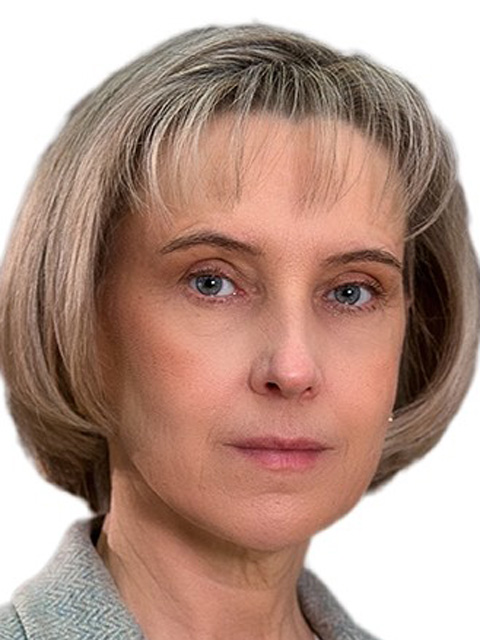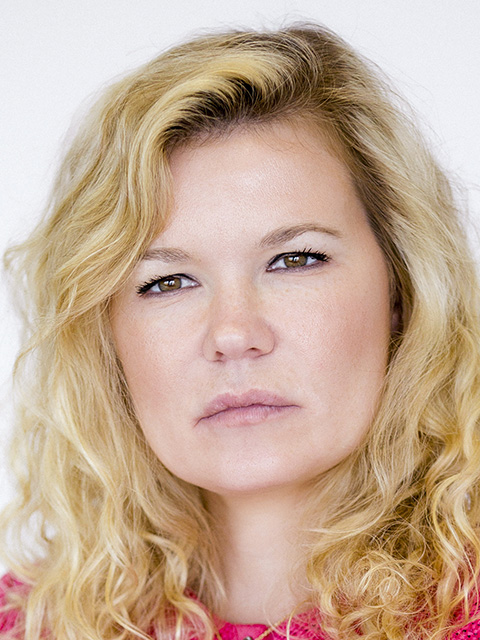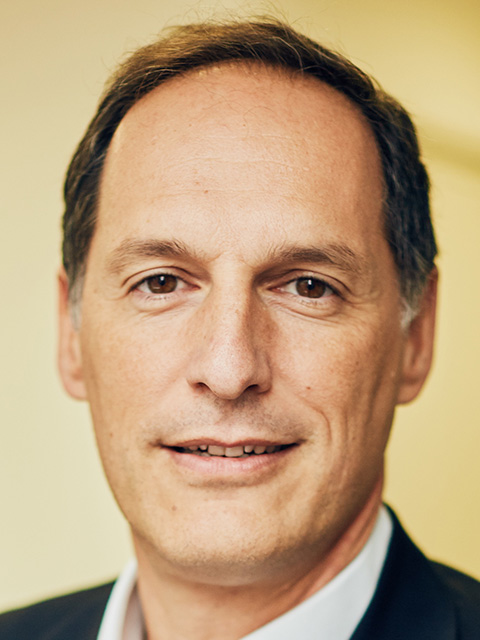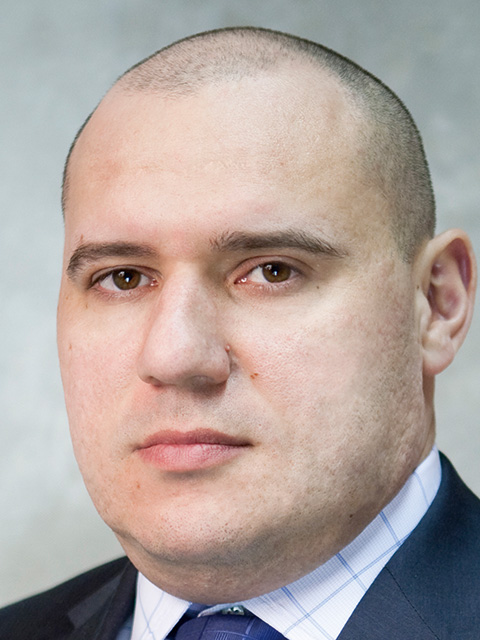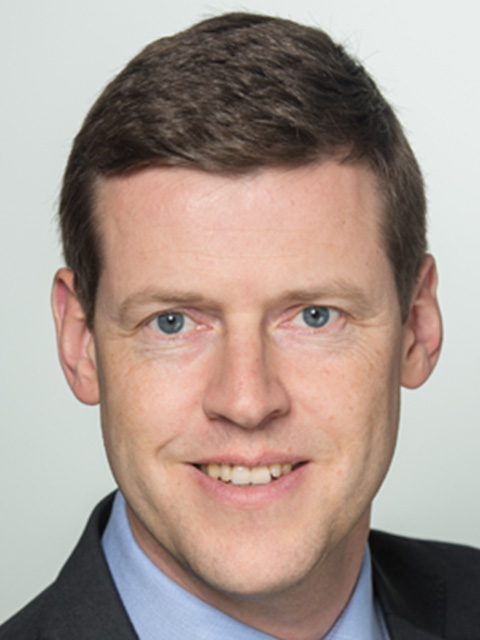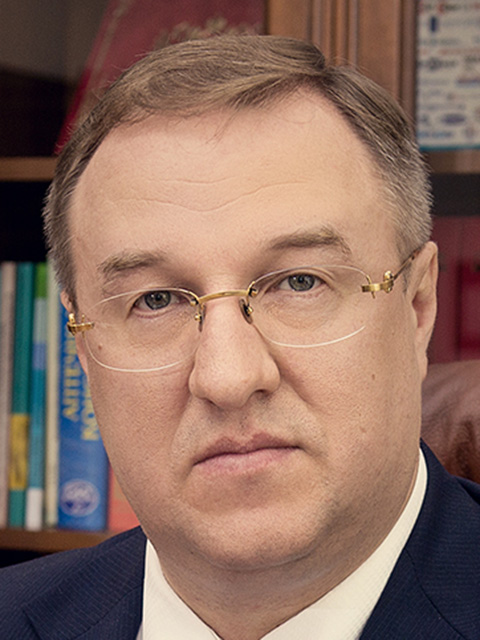P-20: How Can Russia Join the List of Attractive Countries for Investment?
Investment in advanced scientific research and pharmaceutical manufacturing could create an important stimulus for the development of the Russian economy. Worldwide, pharmaceutical companies are investing around USD 140 billion in R&D annually. In order to join the list of countries considered to be attractive from an investment point of view by the pharmaceutical industry (the Biopharmaceutical Competitiveness and Investment Survey), the following criteria must be fulfilled: a stable economy, favourable legislation and tax regulations, a high concentration of intellectual resources, a good medical and pharmaceutical education system, and a highly productive workforce. To date, Russia has yet to be ranked among the top 20 in the survey. What measures can be taken to enable Russia to join the list of the most attractive countries for pharmaceutical investment? How can the priorities of Russia’s Scientific and Technological Development Strategy be realized in the areas of high-tech healthcare and pharmaceuticals? What barriers need to be overcome in state regulation of the pharmaceuticals market in order to expand access to medicines and increase investment attractiveness? How can more effective outcomes from scientific research in Russia be achieved?
Moderators
Guzel Ulumbekova ,
President of the Board, Association of Medical Societies for Quality of Medical Care and Medical Education; Head, Higher School of Healthcare Organization and Management
Vladimir Shipkov ,
Executive Director, Association of International Pharmaceutical Manufacturers (AIPM)
Panellists
Marwan Akar ,
General Director, MSD Russia
Sergei Alyabiev ,
Partner, McKinsey & Company
Anatoly Artamonov ,
Governor of Kaluga Region
Elena Bushberg ,
General Director, Veropharm
Vasily Ignatiev ,
General Director, R-Pharm JSC
Elena Kartasheva ,
General Director, Abbott Russia
Elena Maksimkina ,
Director of Medicine Assistance and Medical Products Revision Regulation Department, Ministry of Healthcare of the Russian Federation
Eyal Mishani ,
Head, Cyclotron Radiochemistry Unit, Hadassah Hebrew University Hospital
Dmitry Morozov ,
President, BIOCAD
Mikhail Murashko ,
Head, Federal Service on Surveillance in Healthcare
Igor Narkevich ,
Rector, St. Petersburg State Chemical-Pharmaceutical Academy
Ludmila Ogorodova ,
Deputy Minister of Education and Science of the Russian Federation
Gisela Payeras Bailly ,
Director for Government Affairs in Emerging Markets, GSK (GlaxoSmithKline); Chair, Emerging Markets Working Group, The European Federation of Pharmaceutical Industries and Associations (EFPIA)
Irina Panarina ,
General Manager, Russia and Eurasia, AstraZeneca
Nikolaos Tripodis ,
Managing Director, Novartis Pharmaceuticals in Russia
Dmitry Khalilov ,
Partner, Head of the Group for the Provision of Services to Enterprises of the Consumer Goods Sector, CIS, EY
Niels Hessmann ,
General Director, Bayer; General Representative, Russia and CIS, Bayer
Vladislav Shestakov ,
Director, State Institute of Drugs and Good Practices




